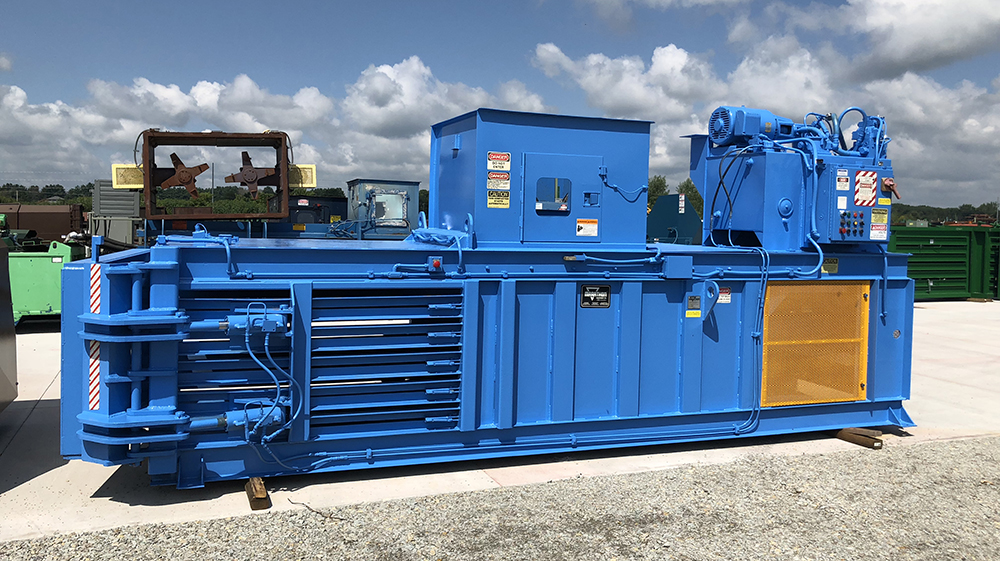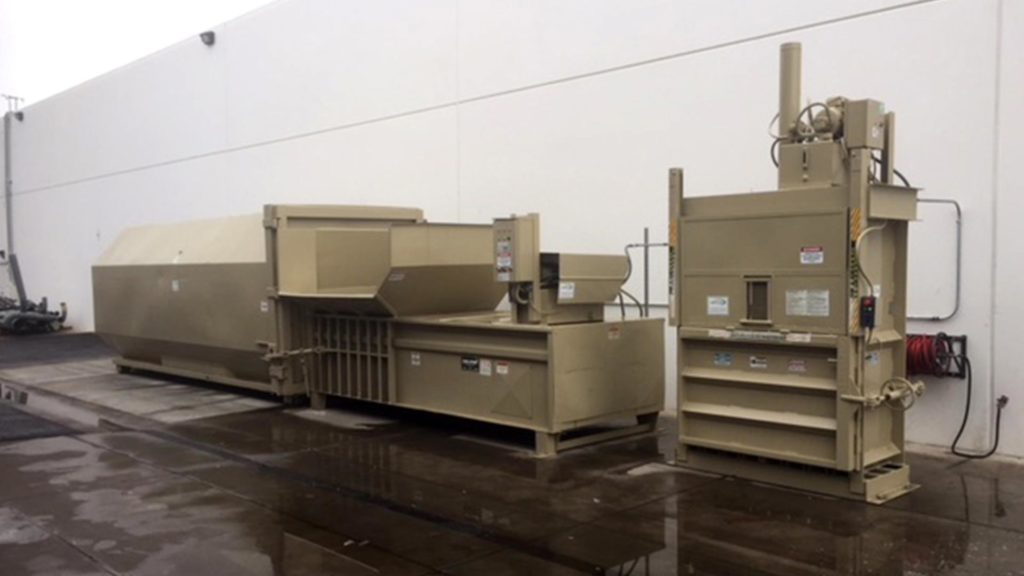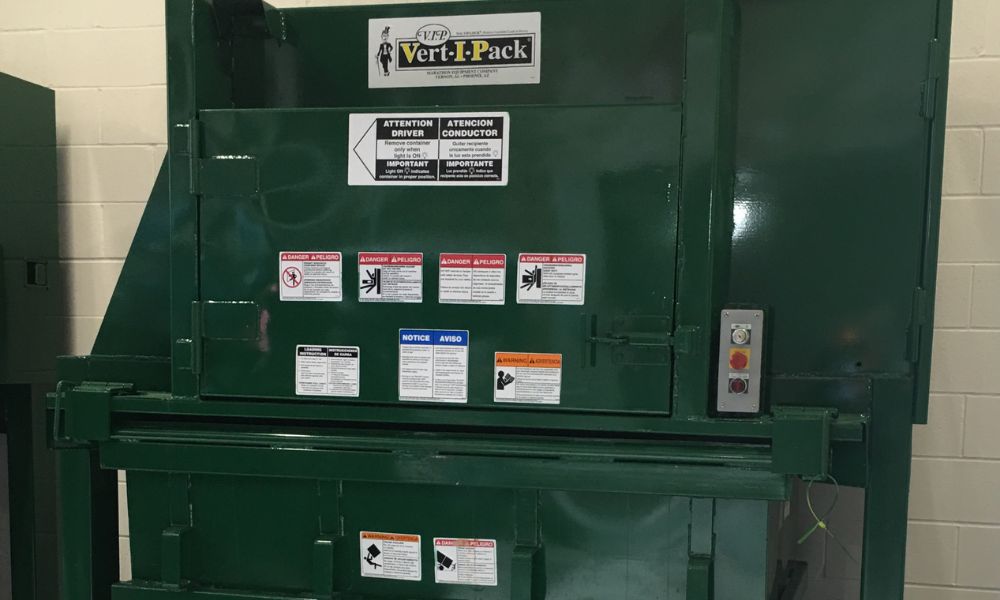Effective commercial waste disposal matters for businesses of all sizes. Poor waste management leads to regulatory fines, environmental harm, and higher operational costs.
By adopting best practices, businesses can save money, improve their environmental footprint, and maintain compliance with regulations. Learn the best practices for commercial waste disposal to keep your business in good standing with industry guidelines and standards.
Stay Compliant With Local and Federal Waste Regulations
Understanding and adhering to waste disposal regulations is vital for any business. Rules governing waste disposal vary between municipalities and industries, with many incorporating strict guidelines on hazardous materials, recycling mandates, and disposal methods.
The penalties for noncompliance are steep, including hefty fines and reputational damage. To avoid such pitfalls, research applicable laws in your area, register with local environmental authorities if necessary, and maintain proper documentation to ensure compliance. Being proactive in this area safeguards long-term business operations while showcasing a commitment to responsible practices.
Conduct Waste Audits To Identify Improvement Opportunities
The first step to improving your commercial waste disposal efforts is understanding your waste streams. A waste audit involves analyzing the types, volumes, and sources of waste your business generates. This data reveals patterns, such as whether cardboard packaging or food scraps dominate, allowing for informed decision-making.
If your audit finds high cardboard usage, consider introducing compactors or horizontal cardboard balers to streamline recycling. Waste audits improve disposal processes by uncovering cost-saving opportunities, further emphasizing reduction strategies in key areas.
Reduce Waste at the Source
Minimizing waste generation is one of the most effective ways for businesses to lower disposal costs. A proactive waste reduction program emphasizes cutting waste before it’s even created.
This can include ordering inventory in bulk to reduce packaging waste, digitizing records to eliminate paper use, or adopting lean production principles in manufacturing. Through these efforts, your business saves money on disposal fees and positions itself as environmentally conscious, which appeals to today’s eco-aware consumers.
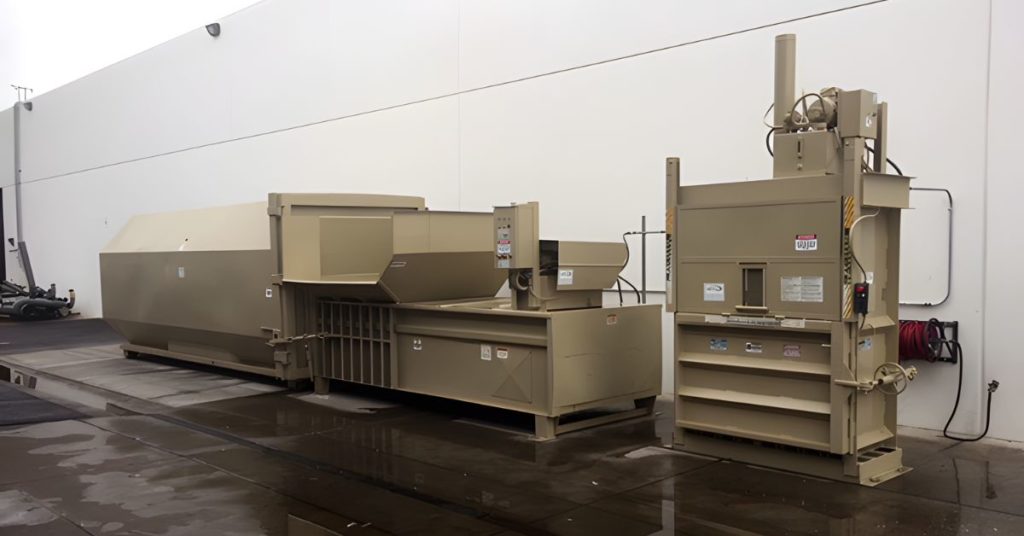
Match Waste Containers to Your Needs
Selecting proper waste containers may seem straightforward, but it’s a critical component of effective waste disposal. Different waste streams require specialized bins to prevent contamination and ensure compliance with local collection requirements.
For example, businesses handling hazardous materials should invest in clearly labeled, sealed containers, while restaurants may benefit from organic waste bins for compostable matter. Moreover, using compactors for bulk waste or horizontal cardboard balers for corrugated materials allows your business to manage its streams more efficiently while minimizing the risk of overflow.
Sort and Segregate Waste Properly
Proper waste segregation is nonnegotiable for effective commercial waste management. Businesses that fail to separate recyclables, compost, and trash increase landfill contributions and miss out on recycling benefits.
Invest in color-coded bins and signage to encourage compliance within your facility. This will make it easy for employees to place materials in the right container. Proper sorting supports sustainability efforts and reduces contamination penalties from your waste hauler, driving further cost efficiency.
Maximize Your Recycling Impact
Recycling doesn’t stop at separation. To make the most of this process, make sure materials are clean and free of food residue, which leads to contamination.
Partner with local recycling facilities to verify that special items like electronics or hazardous waste are correctly processed. By placing significant focus on recycling efficiency, businesses can achieve measurable reductions in environmental impact while adhering to government-imposed recycling quotas.
Compost Food Waste for Environmental Benefits
Composting is an underrated yet powerful tool for businesses generating significant organic waste, such as restaurants and hospitality providers. By diverting food scraps from landfills to composting facilities, companies contribute to a circular economy while reducing methane emissions caused by decomposing waste. Many municipalities also offer incentives for composting programs, which is an attractive and sustainable choice.
Schedule Waste Pickups Efficiently
Overflowing dumpsters present safety hazards and incur penalties. By working closely with your waste management provider, you can establish an optimal pickup schedule tailored to your business needs.
Restaurants, for example, may require frequent pickups due to high food waste volumes, while offices might need only occasional recycling services. Balancing collection frequency with your output ensures efficiency and cost-effectiveness.
Invest in Specialized Waste Management Equipment
For businesses managing high volumes of recyclable materials, investing in equipment like horizontal cardboard balers is a sound decision. These machines compress materials into compact bales, reduce storage space requirements, and simplify the recycling process.
More importantly, such equipment lowers overall waste management costs by consolidating shipments and enabling partnerships with buyers for recyclable goods. Whether it’s compactors for general waste or balers for cardboard, the long-term savings easily outweigh the initial cost.
Partner With a Reliable Waste Management Company
No matter how strong your internal waste management practices are, working with a reputable waste management provider will take your efforts to the next level. A reliable provider like Compactor Rentals of America understands the unique needs of your business, offers tailored services, and ensures all waste is disposed of in line with regulatory requirements.
Furthermore, many professional waste management companies provide ongoing guidance, waste audits, and advanced disposal technologies that help businesses optimize processes further.
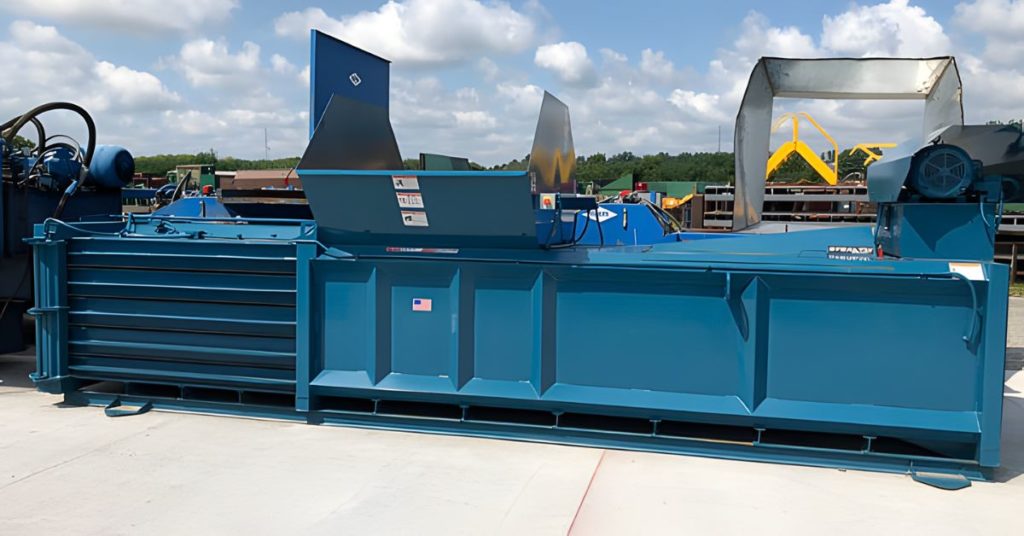
Train Employees on Waste Management Practices
Turning effective waste disposal into second nature requires the commitment of your entire team. Training employees on the importance of proper waste handling promotes consistency and accountability.
Regular workshops covering topics like sorting practices, recycling tips, and safety protocols ensure everyone adheres to your company’s waste policies. Familiarity among employees with workplace waste initiatives is especially important in industries, such as manufacturing and food service, where waste streams are often more significant.
Monitor and Refine Your Waste Management Plan
The key to long-term success in waste disposal is continuous improvement. Regularly review your waste management processes using insights from waste audits and feedback from your waste management provider.
Set clear benchmarks and use tracking tools to measure reductions in waste volumes or recycling contamination over time. By refining your processes and staying agile, you will remain compliant while maintaining cost controls and meeting sustainability goals.
Effective commercial waste disposal best practices are excellent opportunities to showcase corporate responsibility and improve operational efficiency. Businesses that invest time and resources in proper waste management build a positive reputation with customers, employees, and regulators. Start streamlining your waste disposal practices today to create a cleaner, more sustainable future.
